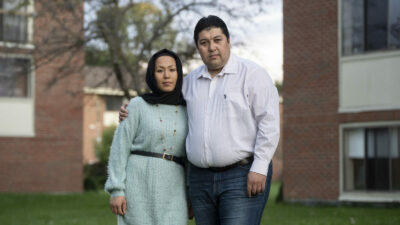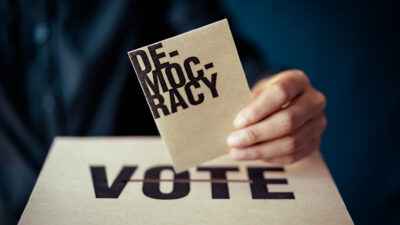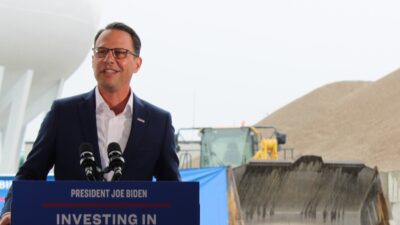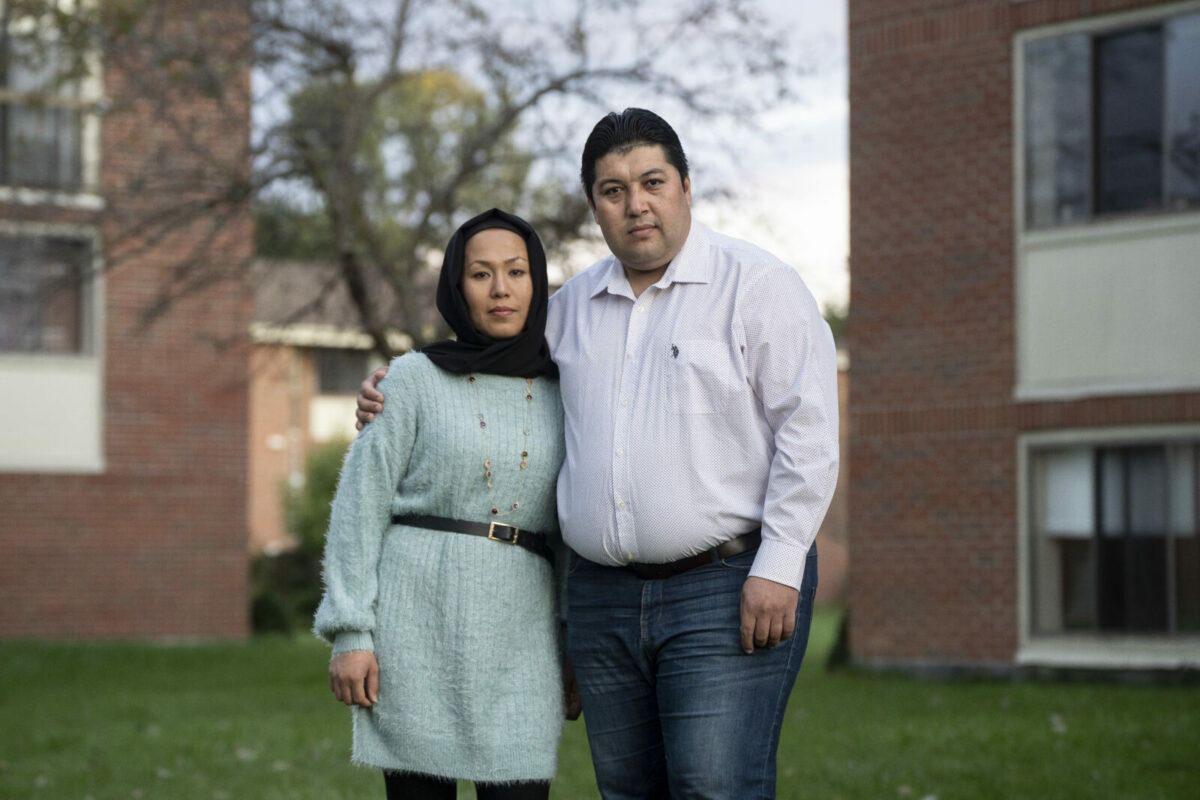
BUFFALO, N.Y. — Like many Buffalonians, Mohamed Qasim Rahimi’s love for his city is evident in his knowledge of its history.
He adores its architecture, particularly the impressive spires of its Gothic Revival churches, and points to its early innovations in electricity at the turn of the century that birthed the moniker “City of Light.”
“This city has a lot of history,” Rahimi says. “Hopefully it comes back to the same position that it was before.”
Buffalo has long tried to stage a comeback. It has suffered crushing blows delivered by the St. Lawrence Seaway and shuttered factories, seen false prophets in the form of innumerable quarterbacks and hung on the empty promises of billionaires. For so long, it was only by looking back that Buffalonians could take pride in their Rust Belt town.
Rahimi’s hope, on the other hand, isn’t wistful; it comes from a place of experience. When he arrived in the U.S. as a refugee from Afghanistan in 2017, Buffalo signaled the beginning of a peaceful life full of opportunity for his family.
“We are born again in Buffalo,” he says. “Everything for us is perfect. Our girls are going to school without any problems. The only thing we were seeking was security and to be safe. Now I have another mission here: to make a good future here for my three daughters.”
While Buffalo represents hope for Rahimi, refugees and immigrants may represent hope for Buffalo, too. Census data released this summer shows the city’s population grew for the first time in 70 years, buoyed in part by an influx of immigrants and refugees. That’s an optimistic turn for Buffalo, whose infamous distinction as the second poorest city in America dropped in 2019 to third poorest.
“We are born again in Buffalo. Everything for us is perfect” — Mohamed Qasim Rahimi
Native Buffalonians are hoping these new residents, no matter where they come from, will eventually generate a fresh tax base and more jobs. But it’s unclear whether the withered infrastructure and competitive housing market in Western New York will provide the fresh start that’s promised to those settling from other countries.
“We have a moral imperative to welcome refugees but we also have an economic imperative,” said Lauren Maguire, director of development and communications at the International Institute of Buffalo, a resettlement agency whose roots stretch back to 1918 when the organization supported war brides coming to the U.S. after World War I.
“The community has a long history of welcoming immigrants and refugees. Much of my work is reminding people their Polish grandma is very similar to the Congolese mom working two health care jobs.”
The City of Buffalo has built on that history and on its reputation as a preferred resettlement site. In 2015, it joined municipalities that have set up an Office of New Americans.
ONA does not coordinate resettlement itself but acts as a liaison between the city and immigrant community organizations.
Director Jessica Lazarin, who says she likes to stay behind the scenes rather than tout her office’s accomplishments, pointed to her recent success boosting the number of multilingual interpreters for family court. When she discovered the interpreter exam’s abysmal passing rate, she worked with resettlement agencies to find teachers and organize classes.
“The community has a long history of welcoming immigrants and refugees.” — Lauren Maguire, International Institute of Buffalo
“Then when the test came around, Buffalo had one of the highest rates,” she said. “It’s just been a privilege to problem-solve.”
As the region prepares for the arrival of more than 300 Afghans, the city’s resettlement agencies have banded together to form the Western New York Refugee and Asylum Consortium, a campaign that will cover expenses for Afghans designated as “humanitarian parolees” who will not have access to federal benefits given their status.
Maguire says that work to fill in those federal gaps speaks to another cliche nickname for Buffalo: the City of Good Neighbors.
Each organization has lent expertise to the mission of helping parolees: Jericho Road Community Health Center serves as a medical partner, Journey’s End navigates the complicated legal process of immigration, and Jewish Family Services specializes in trauma.
“The challenge with this population is that it’s not going to be spread over 12 months,” said Anna Mongo, chief program officer at Jericho Road. “So I think we’re as prepared as anyone can be for this situation, but I think we’re also walking into an unknown that’s going to be easy to handle.”
For the Afghans who will be eligible to work once they arrive, the hurdles they face will look a lot like the ones Buffalonians tackle each day.
“You might be able to get a good job but you might not be able to get there. But these are common problems for Americans, not just for refugees,” said Molly Carr, CEO at Jewish Family Services.
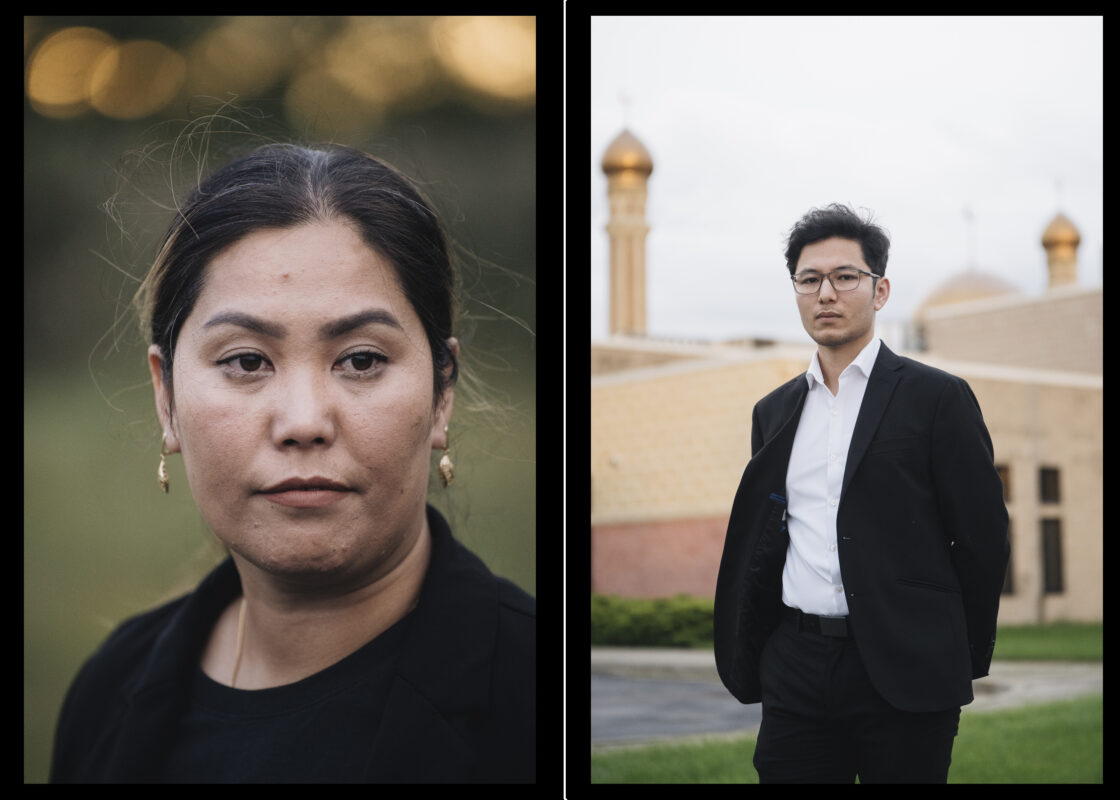
Despite the lack of good public transportation in Buffalo, Milad Safary, 20, was determined to get a job just a few months after arriving from Kabul with his family on a special immigrant visa.
But without a driver’s license or a car he narrowed his search to jobs within walking distance and landed on a local Wegmans.
“I remember I had to go from my interview to another Wegmans,” he said. “There’s no direct bus lines, so I had to travel two or three hours, a distance that would be 20 minutes by car. So it took me a whole day.”
Six years later Safary still loves working at Wegmans. His coworkers often offer him a ride home in the winter. Yet the kindness of colleagues is no replacement for adequate transportation — a service that both refugees and resettlement agencies agree is deficient.
As president of Afghan New Generation, a nonprofit organization that connects the Afghan community in Buffalo, Safary has started an English course and another to help other immigrants get their licenses.
The nonprofit also helps Afghans find housing, which Safary highlights as the greatest challenge for new residents. Historically the region’s relatively affordable housing market drew immigrant populations who could find a little more space among Buffalo’s modest doubles and workers’ cottages than inside New York City’s cramped apartments.
They settled in the city’s West Side, Black Rock, and Riverside neighborhoods, once home to Italian immigrants and later Puerto Ricans, and revitalized the Broadway-Fillmore corridor on the East Side. Empty storefronts turned into ethnic grocery stores and boutiques, soon followed by hipster coffee shops that marked a new wave of gentrification and rising home prices.
“The housing market is booming,” Safary said. “It’s really difficult.”
The options are limited when it comes to finding safe, affordable housing that’s also close to grocery stores and public transportation. For those fleeing violence, a safe place to live is the first hope that life in America can offer.
Mustafa Aahagaran, a former Afghan interpreter for the U.S. Marines and a member of the persecuted Hazara ethnic group, believed Buffalo would offer the security he needed after he left his home country in 2016 with his wife and two daughters.
“My first impression [was] I was free, I was safe,” he said. “I don’t have to deal with all the things I was facing there, the challenges, seeing a better future for my kids.”
That wasn’t what greeted Mustafa and his wife, Noorya, when they moved into their home east of Walden Avenue where they could hear gunshots.
When Mustafa went to work at night, Noorya would push the dining room table against the door because she didn’t feel safe at home alone. They’ve since moved and Noorya doesn’t stay home alone anymore; she found a job working at a sewing factory where she makes gowns for hospitals.
“So now I feel good and I love the U.S. because I have a job and I love my husband and my kids,” she said. “Now I have time with my kids, I make food, I go shopping.”
Robabeh Ghorbanzadeh shared similar anxieties about moving to the U.S. An Afghan refugee, she was born in Iran and fled illegally to Turkey with her family. She carried her daughter, Nadia, then 10 months, as they traveled for a week through the mountainous path toward Sivas.
They registered with the UN Refugee Agency and waited for more than three years until the U.S. accepted their case in 2015.
“When I came here I had a lot of stress because it was strange for me,” Ghorbanzadeh said. “I watched in movies that some people have guns in the U.S. and I thought, ‘It’s not safe for my children.’”
“When I came here I had a lot of stress because it was strange for me. I watched in movies that some people have guns in the U.S. and I thought, ‘It’s not safe for my children.’” — Robabeh Ghorbanzadeh
Ghorbanzadeh didn’t know English when she arrived and struggled to find work. Undeterred, she took up English as a Second Language (ESL) classes and later majored in business administration at Erie County Community College. She’s now pursuing her father’s dream of becoming an accountant by studying at the University of Buffalo.
“Now I learn three topics together: English, because my English is not perfect and sometimes class is very hard for me; technology: using the laptop; and also my major: accounting.”
Loquacious and animated, she’s quick to tell you about her essay she wrote while at ECCC comparing the rights of women in Afghanistan to the rights of American women. It’s a passion she pursues as vice president of Afghan New Generations, where she has focused her work on Afghan women and protecting them from domestic violence.
“I always help them and tell them, ‘Please if you have any issue with your family, tell me,’” she said. “I like to encourage them to go to school and get a job and come to society.”
At an event hosted by Afghan New Generations at the Jaffarya Islamic Center, Ghorbanzadeh’s son Daniel runs around as everyone finishes a traditional stew made with barley and whole sheep.
Like his mother, Daniel is expressive and vivacious. At 13, his hopes and dreams are like those of many teenage boys: He wants to play professional football, enjoys fishing, and he’s proud of his mother for pursuing his grandfather’s dream.
“There’s been people who have their own family problems and she’s out helping people — and the same thing goes for my dad,” Daniel says, pointing to his father serving food. “We know how hard it is to be in a place all alone. The more you give the more you get.
“Not everyone here has the opportunity.”

